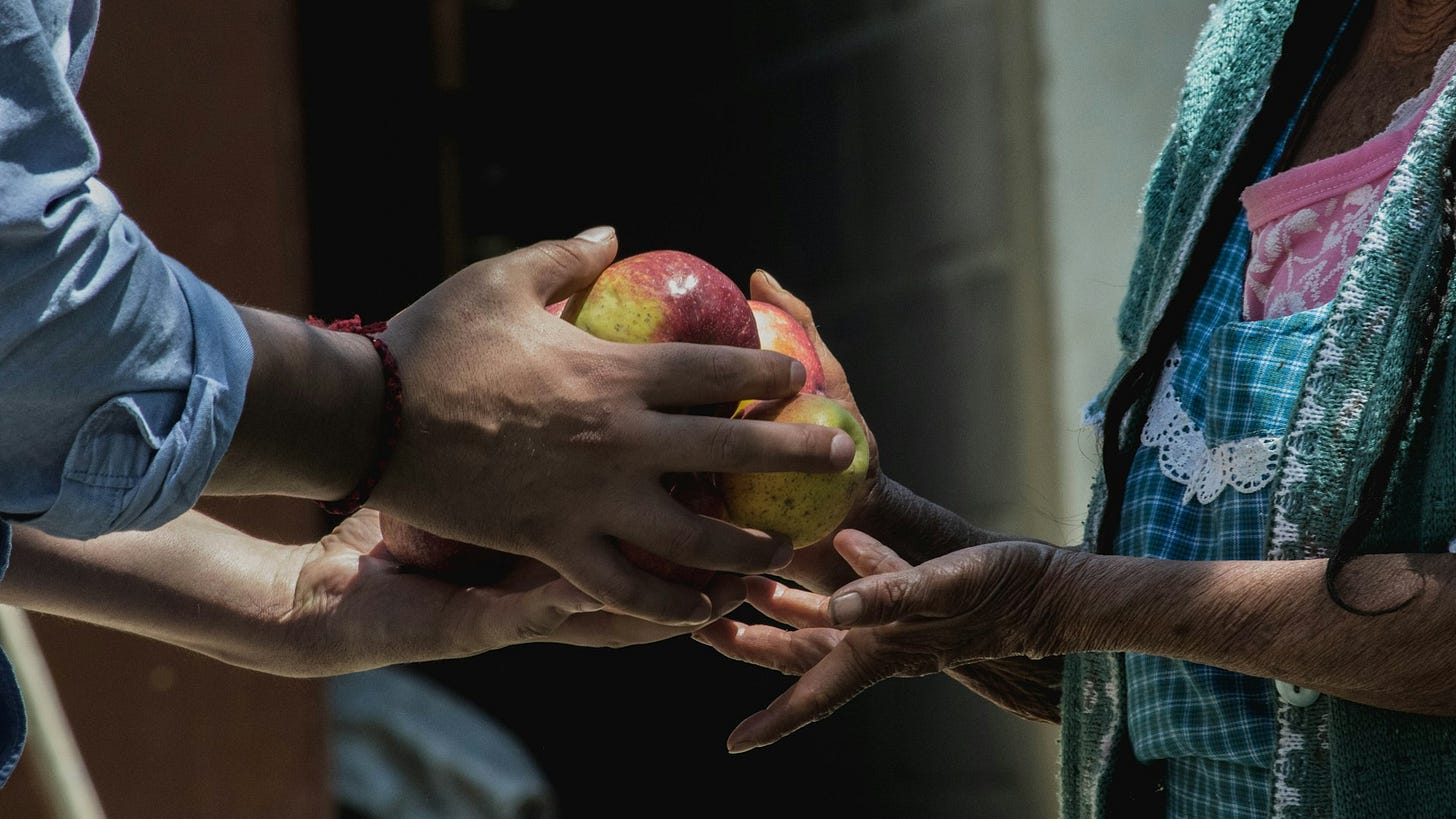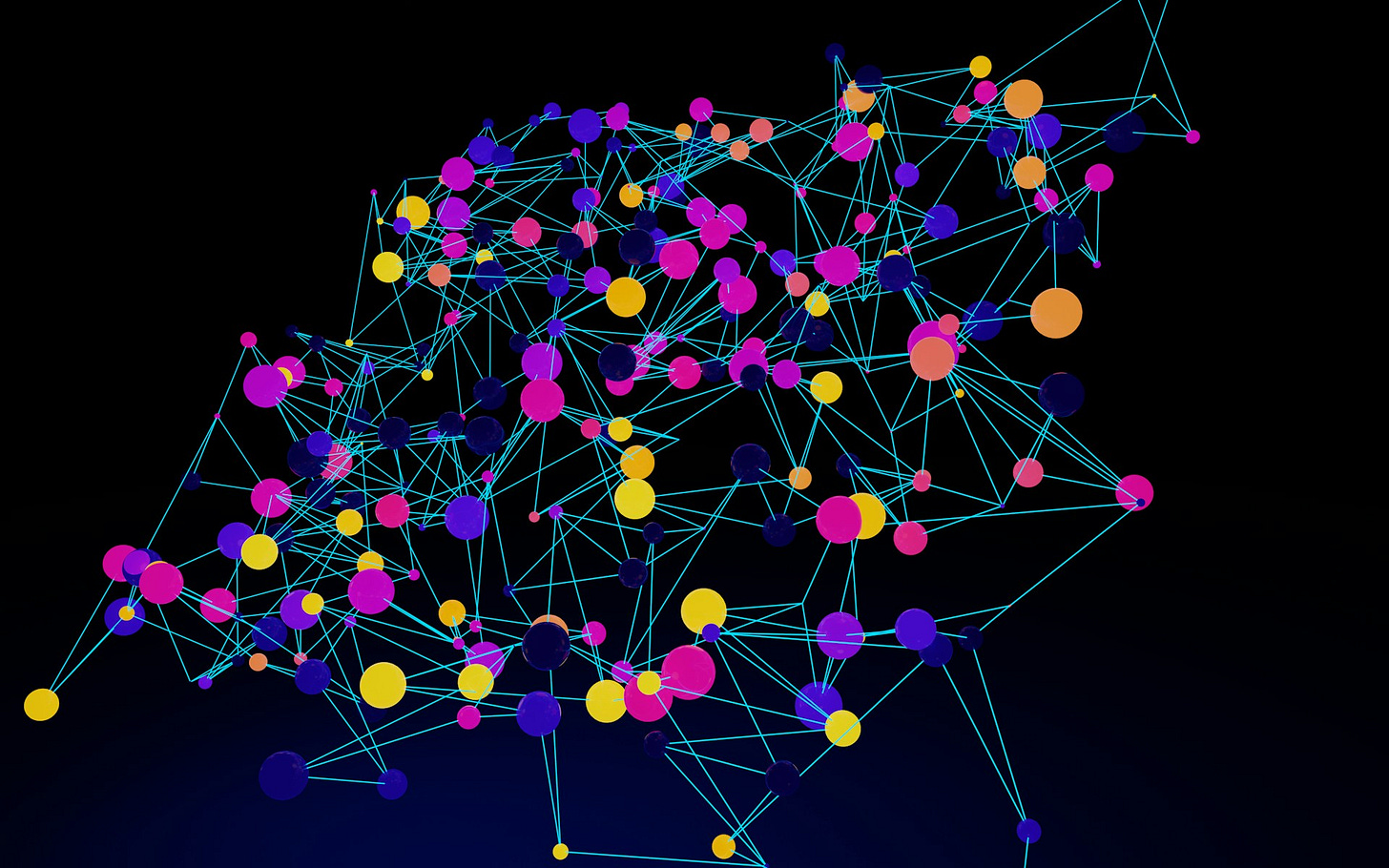In the last article, we investigated a family’s social capital, what it is, the different types, how to build it and how to leverage it. With this foundation laid, we can further develop and explore antifragility regarding social capital. Essentially, looking into how we can increase our social capital in times of uncertainty. This lies close to my heart, because when we went through a crisis, we did not perform well in this regard, neither on the internal social capital front nor the external.
Defining Antifragile Social Capital
I already mentioned that for a family to have antifragile capital, we need their social capital to gain from uncertainty. Sounds good so far, but what exactly does that mean? Let us look at the opposite first: the decrease of social capital during hardship. Remember, social capital has two components, a family’s internal social capital and its external social capital. The internal depicts the quality of their relationships with each other. The external capital is the quality of the family’s relationships with the community. Let us look at each in separate.
Internal antifragile Social capital
Antifragile internal social capital increases in times of hardship. This means that the relationships between family members improve during hard times. So, essentially, the family becomes more aligned when things get difficult. In a fragile family, the opposite is true; the family starts to fight and defragment. Being resilient in their social capital means that a family can pull through a crisis, keeping relationships intact, neither improving nor worsening. This can be seen in families when, for example, the patriarch suddenly dies: in some, the siblings will become closer due to the aftermath and in others, the real fight just began.
External antifragile Social Capital
Antifragile external capital increases during a crisis. So basically, the quality of the relationships with the community improves. This can be business partners, employees, government, suppliers or customers. Anyone who is not part of the family. When the social capital is fragile, the community around you will start to pull away from the family. People will not want to be associated with them. In a resilient social capital base, your community will continue with you as usual, sticking by you. The relationship stays the same. An example of antifragile external social capital would be when the relationship with your main bank improves, due to how you went through a crisis, thus leading to better loan terms thereafter.
How to ensure Antifragile Social Capital
After getting a bit more into detail on what antifragile social capital is, we can now look into systems and structures to ensure it. So what distinguishes antifragile families from fragile families? While there is no one perfect recipe that is employed by each family that is successful in this area, there are a few commonalities that we can explore. These are things a family can do in prosperous times and continue into hard times.
Authentic relationships
This one goes for both internal and external. A family that has a culture of authentic relationships will not only build social capital, while times are good, but also uphold and improve on it during hardship. Inauthentic relationships will be caught red-handed latest during hard times. Inauthentic relationships, be it in the family or outside, be it for business or friendship, leave a feeling of an act. Most of us are not able to fake authentic relationships, unless we are psychopaths. And most of us will notice unless we lack social awareness. Not only will people notice, but during hard times, our facade tends to fall. It becomes difficult, nearly impossible to uphold the charade. Families that have a mantra of authentic relationships build antifragile social capital.
Integrity
This goes hand in hand with authentic relationships. Upholding our values and in particular, not talking badly about people behind their backs is crucial for antifragile social capital. After all, if you are known to have no integrity, people will drop you like a hot potato when things get hot. When you are powerful and rich, people will endure your modus operandi. But when you lose these perks, gone will be everyone close to you. Integrity builds trust, and trust is a crucial ingredient for lasting social capital.
Reliability & Trust
Being reliable is important. If you have shown reliability and if you continue to show reliability when you are in between a rock and hard place, will build good will. Goodwill is crucial in hard times. People will forestall payments if they trust you and the trust will grow once you pay them. People will go that extra yard together with you.
Collaboration instead of competition
A culture of collaboration is paramount both inside the family and outside. Families that have a culture of collaboration will come together in hard times and work it out. The crisis is the trigger that will let them set aside their differences. Similarly, it is outside, if you have shown effort to collaborate, your community will continue to do so, even if they could gain more by competing. Families that break apart internally in hard times have a culture of competition. The strongest gets it all. When that is the culture, everyone fends for themselves when the pie threatens to disappear.

Collectivism and individualism in balance
This is very similar to the above, yet slightly different. Families who have an overly collectivistic or individualistic culture tend to perform less well in hard times. Keeping a balance of these two is an important measure. Particularly for the internal social capital. Overly individualistic family cultures lead to a competing environment, which lacks unity in hard times. While an overly collectivistic culture creates an accommodating culture, which hampers access to a family’s full potential. Both extremes can also cause avoidance, which is a death sentence for families experiencing hard times. It is like a captain watching his ship sink and doing nothing about it.
Proactive communication
Proactive communication both internally and externally is huge. We did a terrible job at this in particular, and let me tell you the consequences were severe. When a family is able to stay a step ahead in communication, it builds social capital. Crucial, in particular, with external communication. Communicate problems before they become a problem. It is important to be in charge of the narrative in hard times. Together with proactive communication goes asking for help. People love to be asked for help, and helping you gives them an opportunity to feel good. Humans feel much better after helping someone than before. It was a game-changer for us when we started to actively ask for help. Albeit late, it was still a big improvement.
Giving Back
Philanthropy is powerful. During hard times, it will be hard to uphold philanthropy; however, it builds a social bank account that you can draw from. And often, there are ways to continue your philanthropic efforts during times of uncertainty. Families that engage in philanthropy together also tend to have better internal social capital. So if it is a family exercise, it reaps amazing results. So think about it for more than just tax incentives.

Social Capital’s Role for Family Antifragility
Social capital has an overproportional effect on a family’s antifragility. Let me explain what I mean: you can lose all your financial capital and bounce back if your social capital is still intact. Your social capital will offer you opportunities through which you can rebuild. From an importance of rebuilding perspective, I believe it might be the most important. Also, social capital is the most difficult capital to build. Not only the external but also the internal. There is an interdependence of the five capitals that we have not yet explored and will do in the future. So, a complete loss of more than one capital is often a death sentence for a family in terms of wealth. A certain minimum amount in the other 4 is paramount for rebuilding to happen in the same or the next generation. And if there is one capital that can help you to regain quickly, it is the social capital. The next is, in my opinion, the cultural capital, as it feeds into the social capital.
With all of this in mind, social capital plays a huge role for a family to become antifragile. And you simply cannot buy it back. Relationships take time and effort to build. Humans, on the whole, are social creatures. We make choices based upon our social norms and social hierarchies. We give business to people we trust. We invite people into our home that we trust. We share information with people we trust. The same reasons why we are often susceptible to conmen are the same reasons that can make us successful. It is a fine line between trusting the right and the wrong people. If you build social capital, you become the right person. If a family can sustain their social capital, even make it antifragile, they can stay the right family for eternity.





Extremely powerful words and so true...the one thing one can't rebuild is trust and a sense of connection... cultural capital is as you rightly said very closely linked to social capital and also needs quite some time to build ...mostly it will take generations to really build a stable and reliable net of connections and relations with other families and individuals...